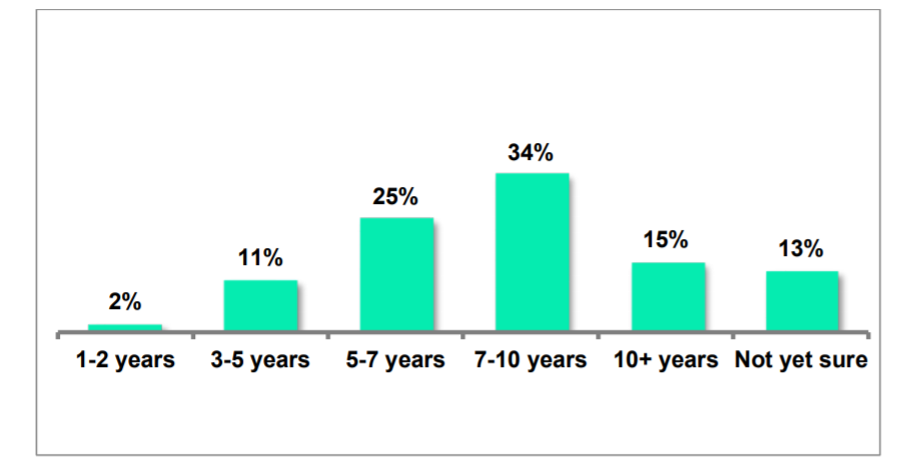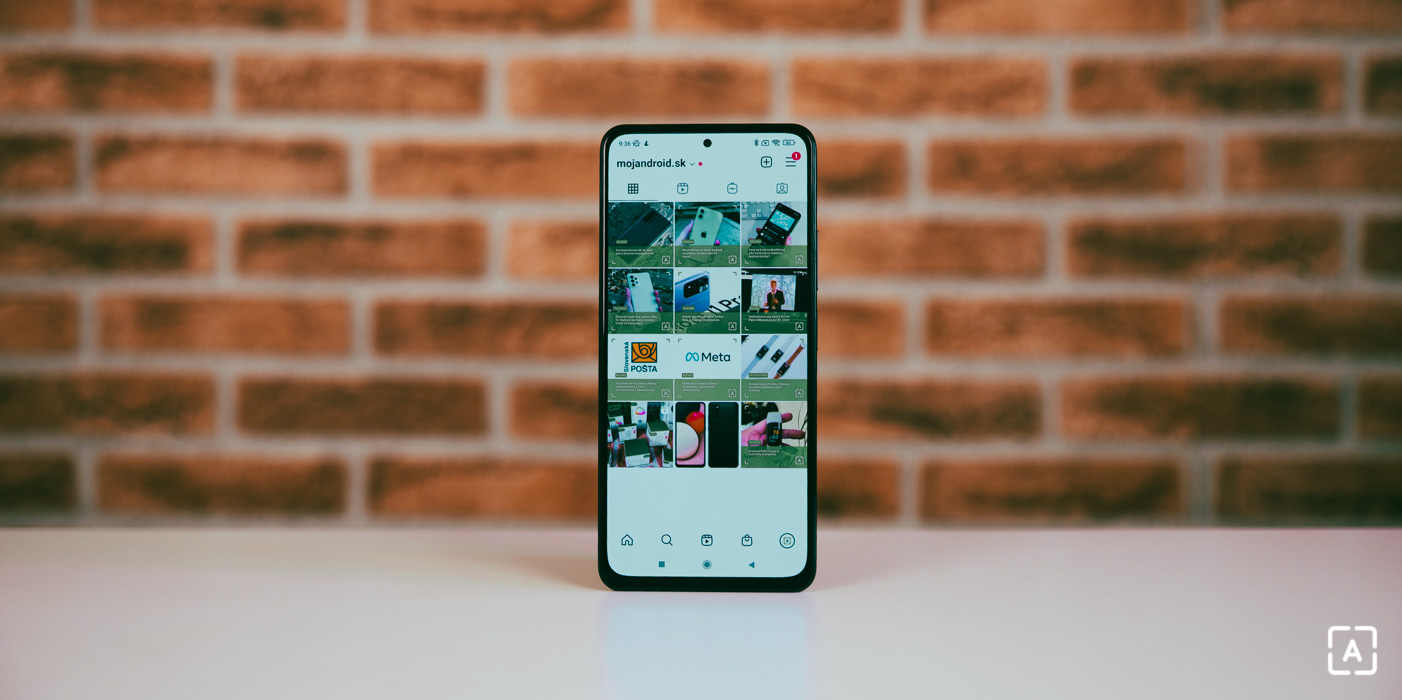How will 5G networks affect the use of voice services?
Every year, smartphones are used more for Internet access than for the general purposes for which mobile phones were originally intended. This should be further exacerbated by the advent of 5G technology. The answer to the question of how 5G networks will affect the use of voice services is now offered by a study by an analytical company GlobalData in cooperation with the Huawei.
Voice services are still important for operators
Data for a named study Voice in 5G: The Long Transition, were collected in August last year. A total of 53 mobile operators took part in the survey. They confirmed that they plan to keep voice services in their current form, because customers expect them to. Video calls are also important for 85% of operators.
Operator Question: When thinking about the future implementation of 5G networks, how important are voice and text services compared to data services?
2G technology is still used to cover LTE
According to the study, up to 79% of the surveyed operators still use 2G and 3G infrastructure for voice transmission. Interestingly, in countries where operators have already switched off 3G infrastructure due to LTE, 2G still works.
Even in the less developed 2G and 3G phones are increasingly preferred. In addition to financial reasons, this is due to their durability and battery life.
The reason for maintaining 2G technology is also roaming. LTE technology offers two roaming standards – RAVEL and S8HR. One requires a wide re-setup of the infrastructure and the other provides the possibility of charging only on the basis of data packages. Therefore, agreements between operators can often be complicated.
Operator Question: How long do you think it will take for you to have 100% VoLTE coverage for voice services?

VoLTE will continue to be used, covering the 5G standard
However, the use of older voice call technology will also be necessary when expanding 5G technology. As many as 66% of operators think that it will take at least seven years to achieve full VoNR (voice over 5G) coverage.
VoLTE (voice over LTE) technology should be responsible for voice calls for the time being. It supports HD voice services and 5G NSA networks, which will later facilitate a smooth transition to VoNR. As many as 66% of operators do not see technical barriers in the transition to VoLTE. Only 19% of them say the same about switching to VoNR.
Interestingly, 2G-based voice services will not disappear after the global arrival of 5G. The results of the study suggest that operators will continue to provide these services, at least until new and efficient roaming standards for 5G are established.
The complication is that much of the 2G and 3G infrastructure is almost at the end of its life cycle. As many as 83% of operators said they were aware of the fundamental and inevitable nature of the problem. They will have to decide how to operate several networks at once.
Our tip
Samsung Sero test: The best for a smartphone


